-
Why BMI Isn’t Accurate And Unreliable
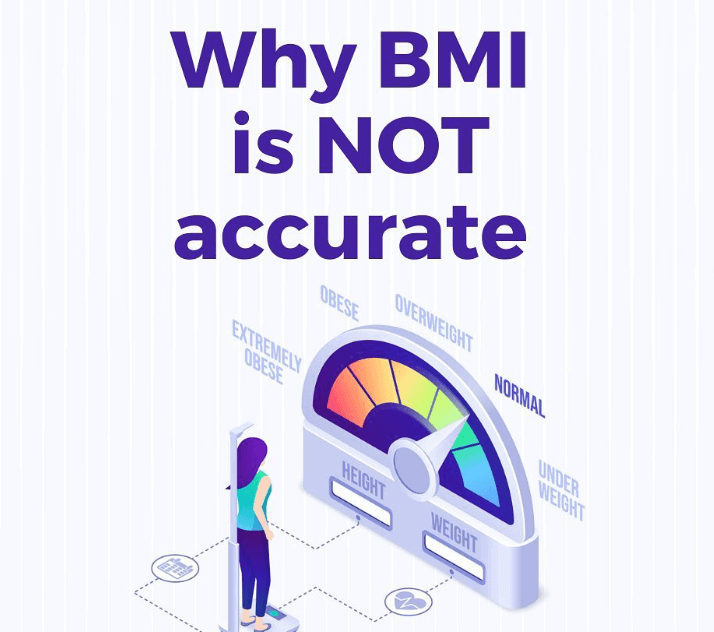
BMI, or Body Mass Index, is a simple formula using a person’s height and weight to calculate a number supposedly representative of their level of body fat. BMI was initially created in the 19th century by the Belgian mathematician and statistician Lambert Adolphe Quetelet as a way to measure obesity in the general population. Body…
-
Heavyweight Or High Reps In A Calorie Deficit
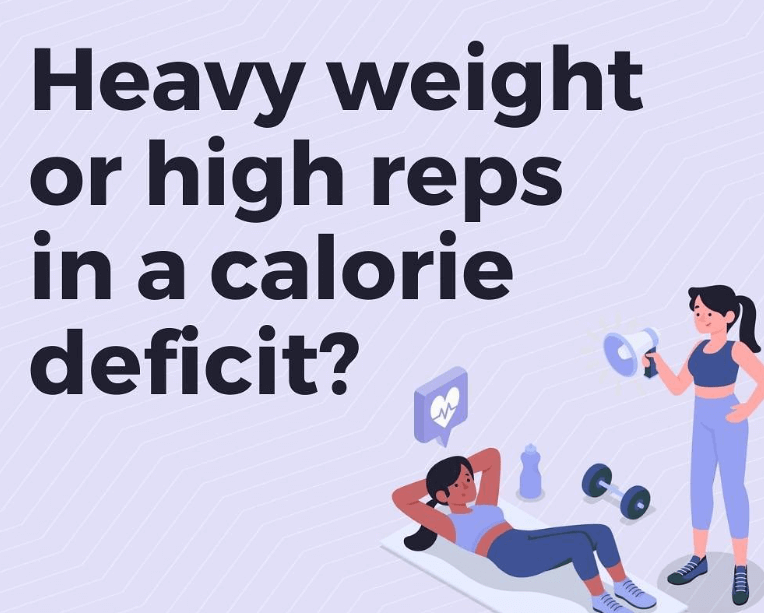
INTRODUCTION There’s a lot of debate about the optimal approach to training when you’re in an energy deficit. Some people argue that you should focus on maintaining training loads while reducing training volume. While others should focus on keeping training volume high, even if exercise loading needs to be reduced. AIM OF THE STUDY A…
-
3 years in: How The Pandemic Affected Us

Over the past year, people worldwide have reported increased anxiety, depression, and mood changes. A study including 600 adults found that nearly 50% of the participants interviewed reported feeling anxious about their food habits, specifically during the pandemic Another study, including over 100,000 men and women, found that moderate and severe depression symptoms increased from…
-
Why You Should Sleep More: What The Research Says

Help you maintain or lose weight A 2020 analysis found that adults who slept fewer than 7 hours per night had a 41% increased risk of developing obesity. Meanwhile, sleeping longer didn’t increase the risk. Sleep deprivation may make you crave foods higher in sugar and fat due to their higher calorie content and increase…
-
Peer or Experts: What Does The Research Say?

A 2016 survey posted 20 hypothetical decisions to 500 people. In each case, the respondent was required to complete a statement (e.g., When deciding to try a new restaurant, I am more likely to trust) by selecting either a peer or an expert. THE SMALLER/MORE FUN THE INVESTMENT, THE MORE WE TRUST OUR PEERS 🍽…
-
Nutrition Myth: Low Carb is Best for Weight Loss
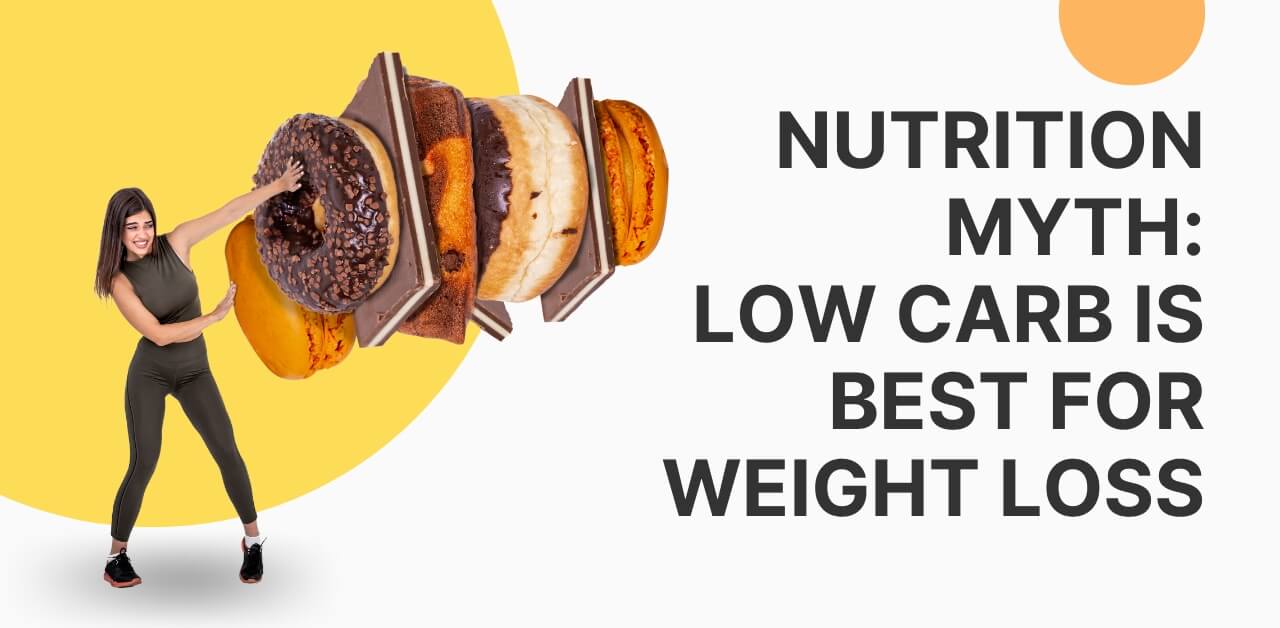
The ratio of carbs to fat in a diet doesn’t affect weight and fat loss. Given an equal amount of energy consumed, and assuming you are in an energy (calorie) deficit, you’ll lose the same amount of weight whether you follow a high-carb or high-fat diet. PMID: 23035144, 26527511, 16476868, 9497169, 1734671 Let’s look at…
-
How Fibre Can Help Weight Loss And The Benefits

Fibre refers to carbohydrates that your gut cannot digest. It is classified as either soluble or insoluble, depending on whether it dissolves in water (soluble) or not (insoluble). Insoluble fibres function mainly as bulking agents, adding content to your stool. In contrast, certain types of soluble fibre can significantly affect health, metabolism and weight. DOI:10.4172/2155-9600.1000476…
-
The Truth About Slimming Clubs
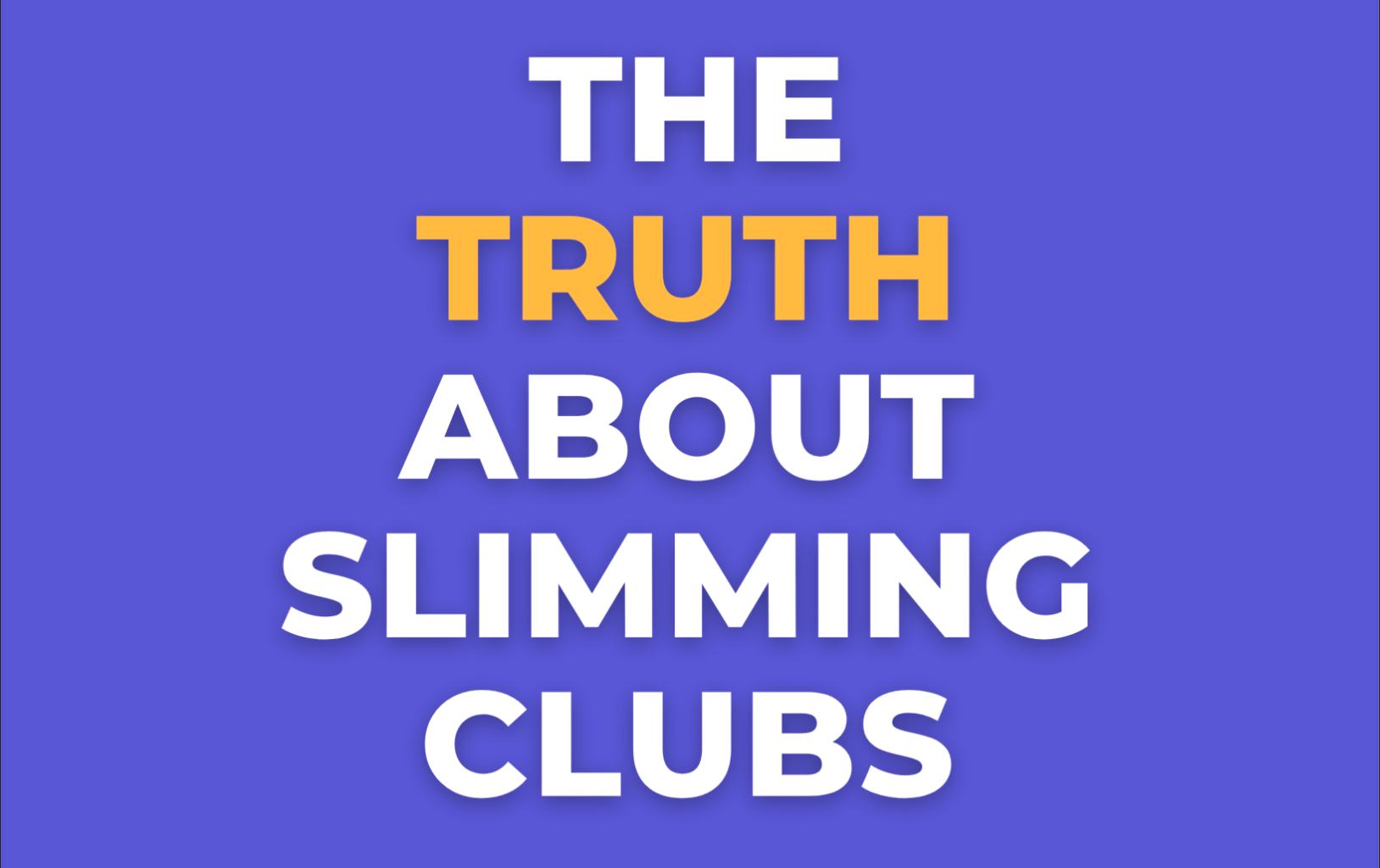
We asked 1,800 women who have been part of slimming clubs a range of questions about their experiences, health, success, opinions and so forth. Once we collected all the data, we handed it over to a data scientist to clean up and draw comparisons between questions. The aim is to find clear correlations, patterns or…
-
A Research Study On Meal Frequency
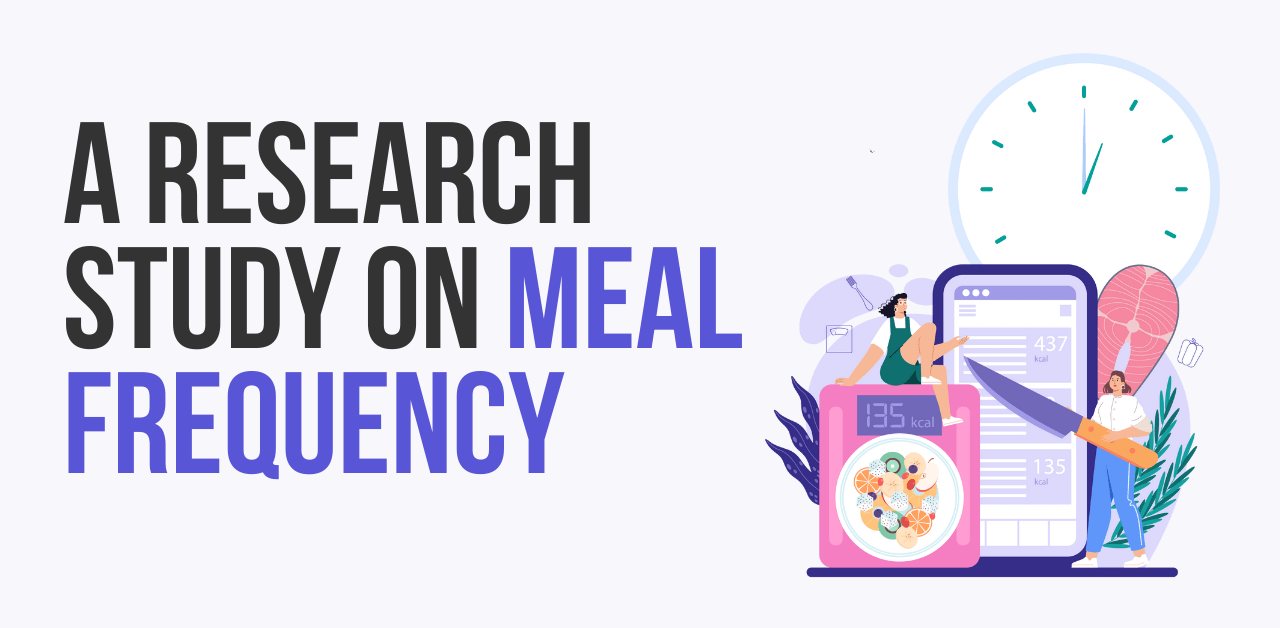
Meal Frequency Popular advice for weight control advocates the consumption of small, frequent meals. However, the science supporting this as an effective weight control strategy is lacking, and studies examining the effects of eating frequency on body weight have shown mixed results. Prospective studies have also shown NO association between eating frequency and weight change.…
-
Exercise For Mental Health: Interesting Studies
Does exercise really improve our mental health? In short, yes. But here are the details A 2020 study of 32 subjects who were divided into exercise, expressive writing and control group found that 73.68% in the exercise group demonstrated improvements in depressive symptoms compared to 45.8% in the writing group. PMID: 32528333 A 2015 study…